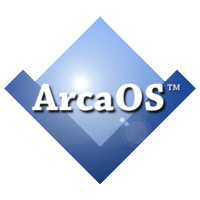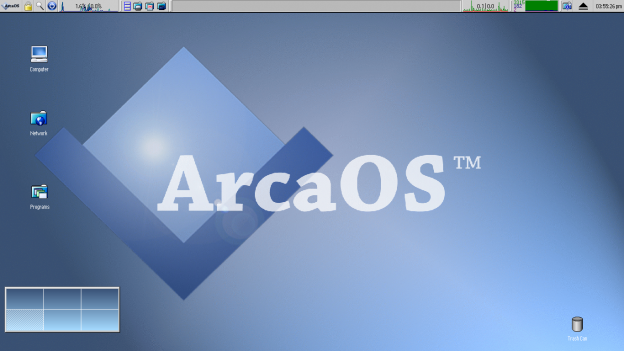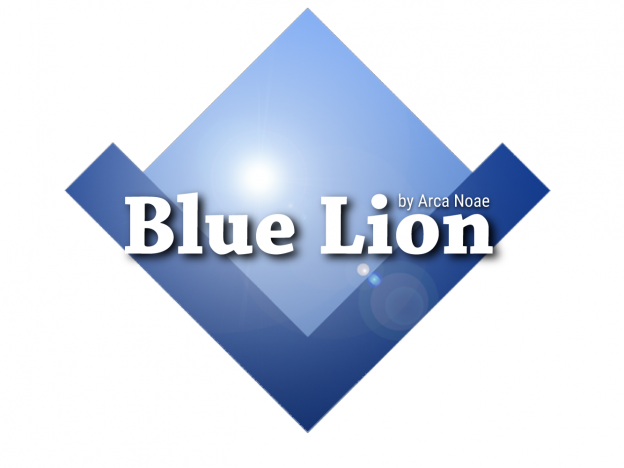ArcaOS 5.0.2 in the works
We are hard at work finalizing the last bits to be included in ArcaOS 5.0.2. Among the enhancements and features are a few bug fixes, updates to included RPM packages, updated Samba client, and the new ability to install from an ArcaOS bootable USB stick (or local partition). We call this new feature AltBoot, and it is a milestone for OS/2. This should assist those with USB 2.0 capability but no optical drives in getting ArcaOS installed and running.
Arca Noae experimental YUM repository access now restricted
In an effort to better ensure the integrity of packages provided by Arca Noae in our release and subscription channels, we have now restricted access to the arcanoae-exp repository to developers and the test team only.
Rest assured, any software which you may have installed from the experimental repository will continue to function just as it did before. However, we strongly urge that if you have installed the arcanoae-exp RPM to configure the experimental repository in Arca Noae Package Manager (ANPM) or YUM, you uninstall that package. It will be withdrawn from the Netlabs stable repository shortly.
Firefox 45.9 RPM coming soon to an Arca Noae YUM repository near you
Firefox 45.9 GA should be arriving soon for installation via ANPM as part of the subscription content for ArcaOS licensees with active support and maintenance and Drivers & Software subscribers. This new packaging should ease the burden of upgrades by managing dependencies and better ensuring a successful installation. More details will be provided in an upcoming post. (Of course Firefox is free for all to download as zip from Netlabs. There is no requirement to maintain a subscription with Arca Noae in order to get the latest Firefox for OS/2.)
If you are still running OS/2 and/or eComStation systems and haven’t yet purchased a software subscription, this is a great reason to do so now. It may also be a good time to consider moving up to ArcaOS.





